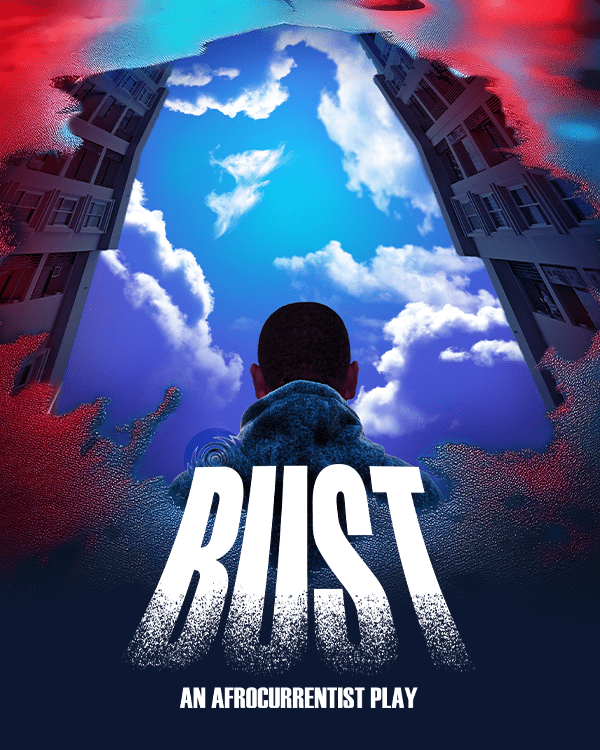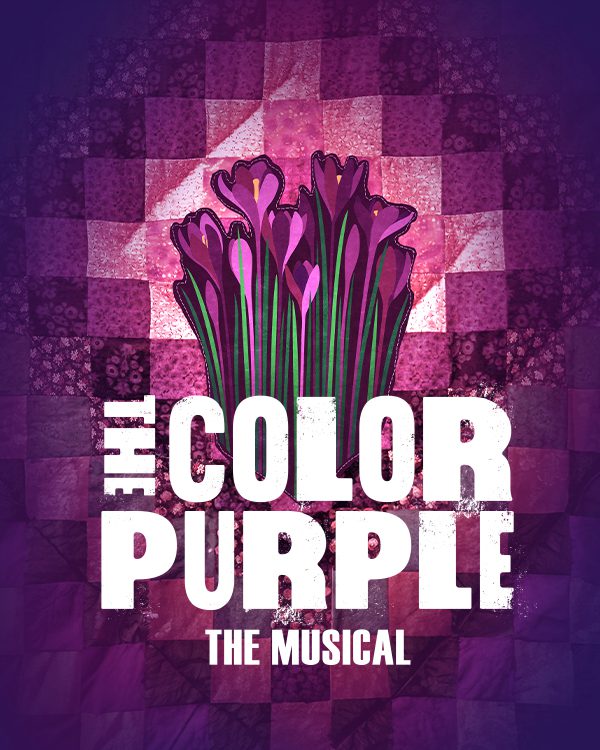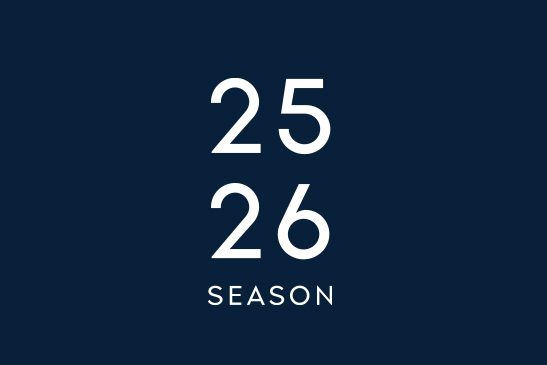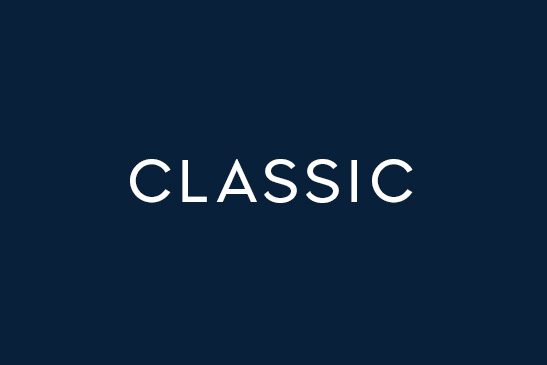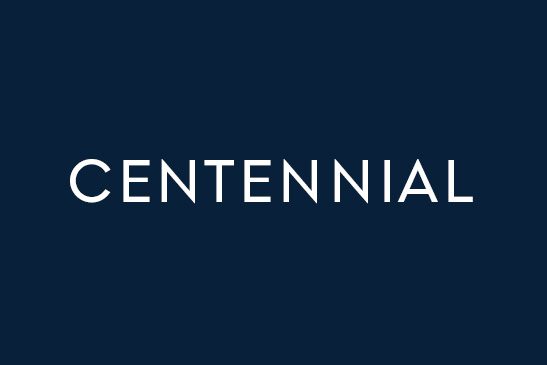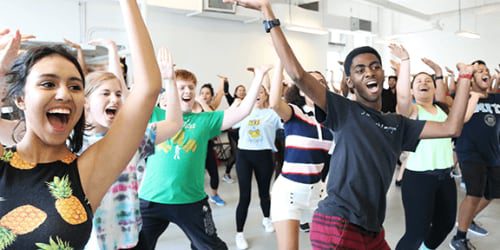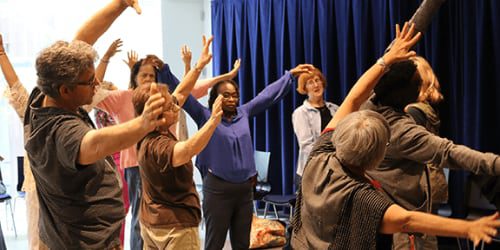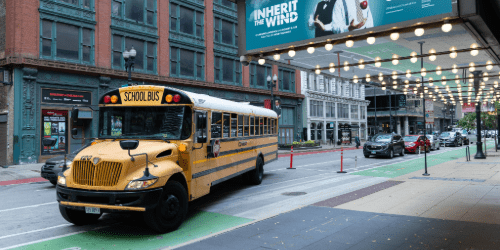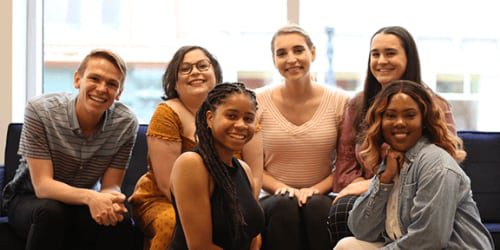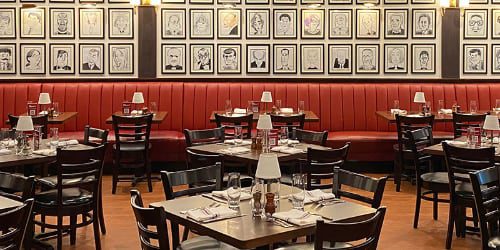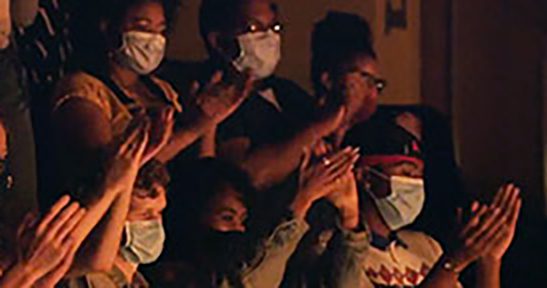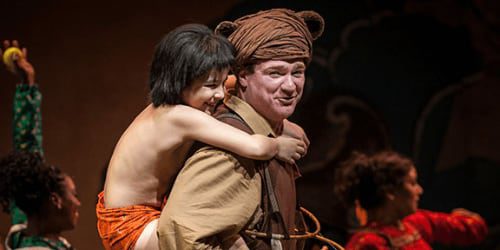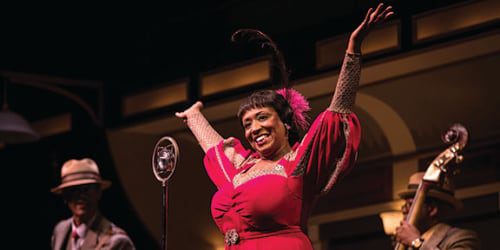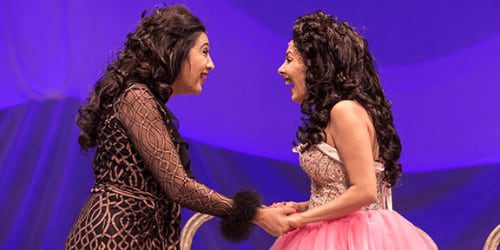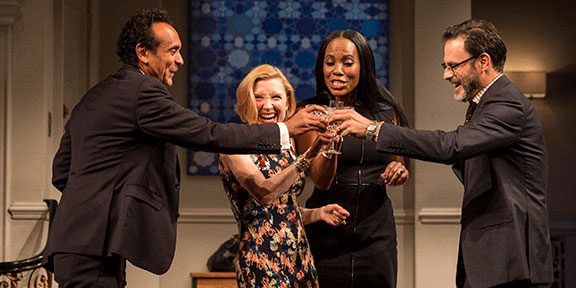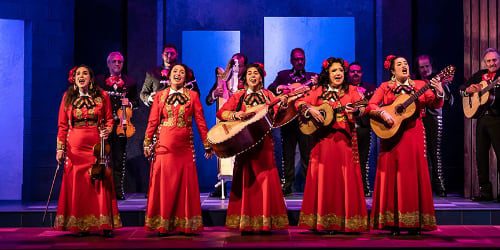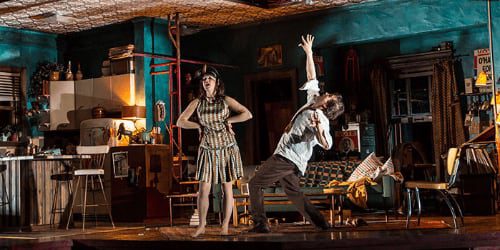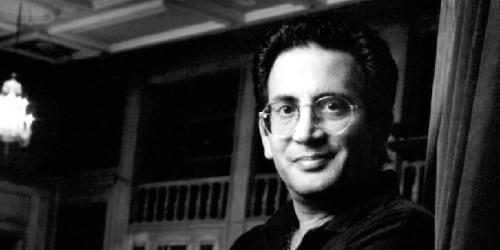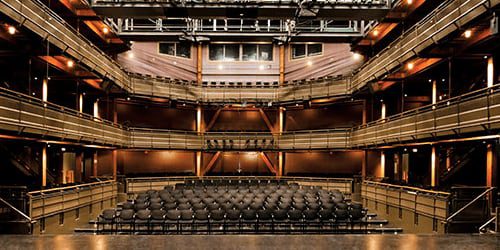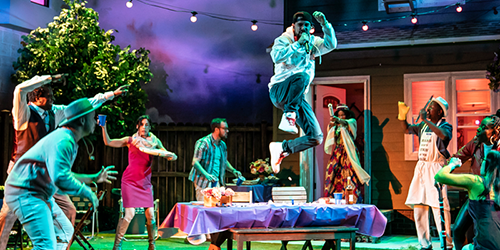By Thomas Connors
Henry Godinez began his professional career as an actor then shifted his focus to directing. Over the years, he’s helmed a range of plays at the Goodman as a Resident Director, and now as his production of Inherit the Wind opens the 2024/2025 Season, Godinez gives insight on a show that holds a lot of meaning.
Thomas connors: Tell us about your early years with the Goodman.
Henry: My first gig here was as an actor in 1988, playing Tybalt in Michael Maggio’s Romeo and Juliet. He then asked me to be in his production of A Christmas Carol and later, cast me in The Rover. Sometime after that, I read that the Goodman had received a grant to diversify their audiences. I was Artistic Director of Teatro Vista at the time, and the Goodman hadn’t produced a Latino play yet, so then-Executive Director Roche Schulfer and I decided to co-produce José Rivera’s Cloud Tectonics.
Thomas: How would you characterize the Latine theater scene today?
Henry: First of all, I am beyond proud that Teatro Vista is still going strong. And it’s great to see wonderful Latino performers in everything from musicals at Marriott Lincolnshire to Steppenwolf. And God bless Lin-Manuel Miranda (Hamilton), but there’s still much to be done.
Thomas: How did Inherit the Wind come about?
Henry: About this time last year Susan V. Booth said she’d like me to direct something this season. What really interested Susan and me about doing Inherit the Wind right now is how it deals with questioning facts, censoring knowledge and the infusion of religion into the justice system. It feels like it was written yesterday. Funnily enough, Inherit the Wind was the first professional production I had ever seen. I was a high school freshman in Dallas who had just started taking drama classes, and my mom somehow saved enough money for us to see it at Dallas Theater Center.
Thomas: The Scopes Trial was nearly a century ago and then in 1955, this play premiered. Some people may not be familiar with the historic event or theatrical material. Did you have any concerns about that?
Henry: I actually relish the fact that we have an opportunity to share history with a generation that might not know about the trial. I think it’s a wonderful opportunity for audiences, especially young people, to see this and think that even though this was 100 years ago, these are the very same things we are hearing today—questioning science, questioning facts and stubbornly clinging to beliefs.
Thomas: In addition to having seen the play as a teenager, the show resonates with you in another highly personal way.
Henry: I grew up around small towns in Texas, and my wife’s family are from small towns in Iowa, so naturally I feel at home in rural communities. I’m looking to make our production nostalgic and beautiful so that audiences understand how people—like those in the play—might want to stay frozen in the past and believe what they believe. I in no way, and neither did the playwrights, want to make the people of this town seem ignorant. They are people that are led astray and I’m interested in inviting audiences to understand how this can happen.
Thomas: We do seem to have trouble these days trying to appreciate where other people are coming from.
Henry: If we ever want to come together and combat divisiveness, we have try to understand why people have the values they do. I always thought that maybe I would be a diplomat—I had a yearning to be in big conversations about who we are as a country. It wasn’t until I started directing when I realized that theater is a way to make a difference, to make people think about the world in which we live, how we treat one another and how we can all strive to better.
Thomas Connors is a Chicago-based freelance writer and the Chicago Editor of Playbill.
